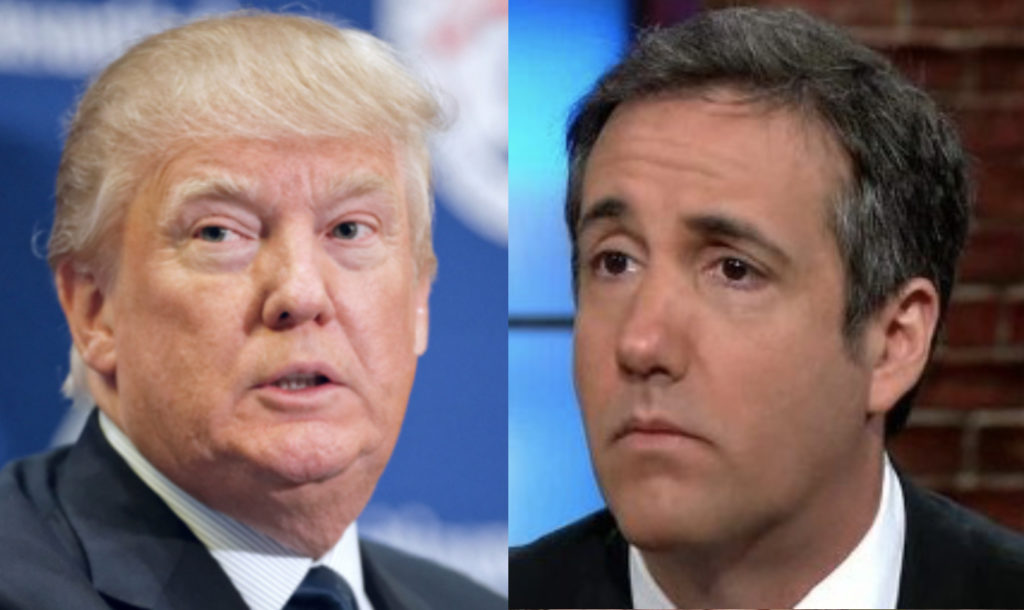Michael Cohen is pleading the Fifth. Here’s what happens to him now.

Donald Trump’s longtime “attorney” Michael Cohen is formally invoking his Fifth Amendment right not to provide incriminating testimony against himself in the civil suit between him and Stormy Daniels. This has led to quite a bit of misunderstanding as to how the Fifth Amendment works, what he’s really pleading, what this means for the criminal charges that will almost inevitably be brought against Cohen, and how it impacts Trump. Here are some answers.
For starters, “pleading the Fifth” is not a plea along the lines of guilty, or not guilty, or no contest. He’s simply refusing to take the stand and testify in the civil suit, which will continue to proceed, just without his testimony. The law does not view pleading the Fifth as an admission of guilt. However, it does send a signal to prosecutors that because the individual is afraid of incriminating himself, it means they should really dig into whatever the individual is refusing to testify about.
Legally speaking, the civil suit in question is strictly a dispute over money. The worst thing that can happen to Cohen in that suit is a financial judgment against him. So he’s less worried about losing the lawsuit, and more worried that if he testifies in the civil suit, he’ll end up incriminating himself in a manner that criminal prosecutors can use to bring criminal charges against him. It’s important to understand that Cohen is not pleading the Fifth when it comes to criminal charges, as no such charges have even been filed against Cohen yet, although federal prosecutors have stated that he’s the target of a criminal investigation.
Of course what everyone really wants to know is how this impacts Donald Trump. In the immediate term, it doesn’t necessarily change anything. The civil suit will continue, even though Cohen may have just greatly increased the odds he’ll lose. Prosecutors will continue to try to build their criminal case against him, which will be a separate thing from the civil suit. But while this doesn’t officially change anything overnight in a legal sense, there is a major impact on Trump here.
Michael Cohen has unofficially laid the groundwork for the criminal charges that will inevitably be brought against him. By refusing to testify, he’s making prosecutors’ jobs a bit harder from an evidentiary standpoint. But when they do bring charges, it’ll now be much easier to justify in the court of public opinion. When Cohen is arrested, Donald Trump will have a much harder time arguing that Cohen is somehow being railroaded, as everyone will have already seen the guy pleading the Fifth.
